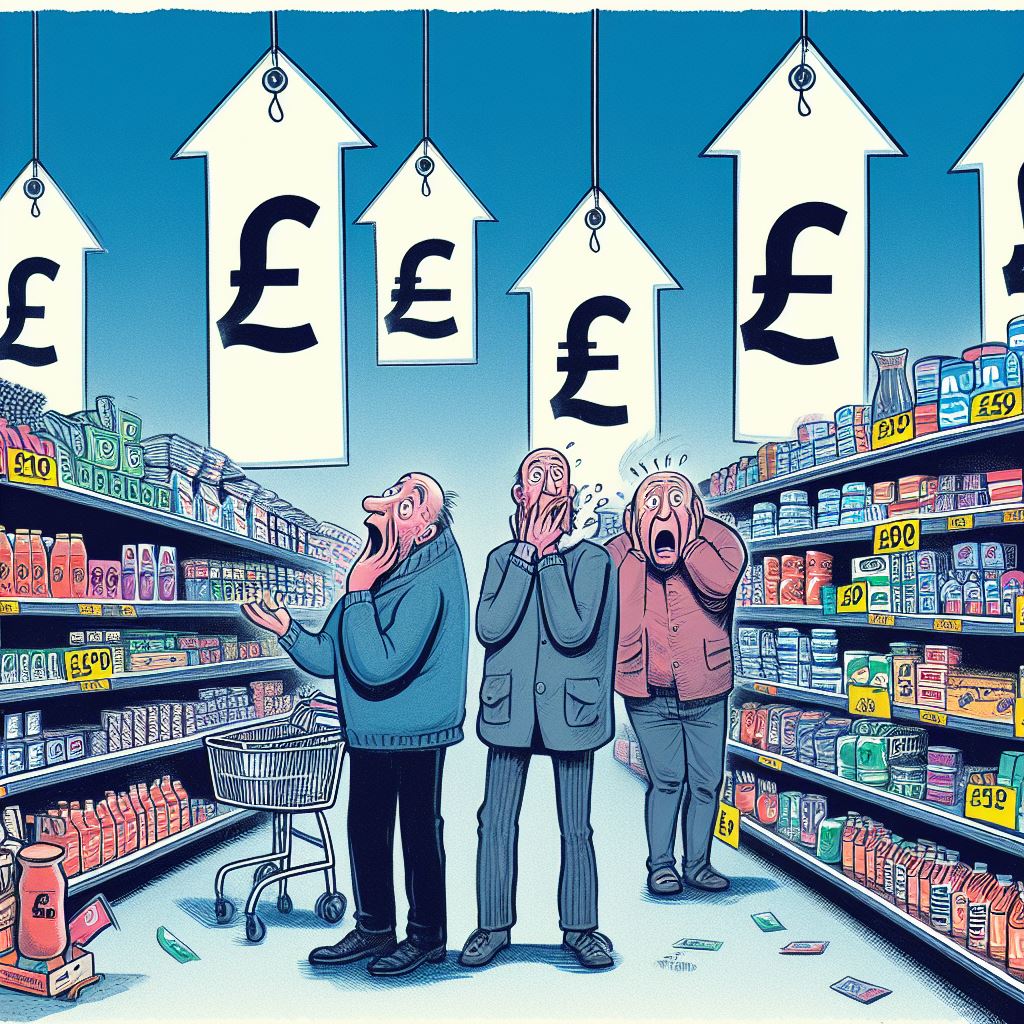A verdict on the budget
SUGGESTED



Start with public debt. According to the OBR’s Economic and Fiscal Outlook, published to accompany the budget, the primary deficit alone will be 1.5% of GDP in 2023-24 (add interest payments on the debt and the deficit will be 5.1% of GDP) and public debt peaks next year, the last year of this parliament, at 103.1% of GDP before declining to 96.9% in 2027-28. Assuming that by then, a new government, led by the Labour Party is in office, the Chancellor has kindly pencilled in a measure of austerity along with higher spending on defence for the next government to implement. How likely is it then that either of these will actually happen?
Technically, the UK will not slip into a recession, but population growth alone leads to GDP growth of about 0.5% per annum, meaning that anything below that implies a reduction in GDP per capita. Next year, GDP will shrink by 0.2%, meaning a further squeeze on living standards (consumption), or future productivity (investment), or public services (government expenditure) or more borrowing from abroad (current account). Inflation is expected to decline by the end of the year to 2.9%, but given the recent strains in the banking system, which are likely to slow any further rate increases by the Bank of England, along with the pressure exerted by yet more borrowing, this seems optimistic. Expect inflation to be higher than what has been forecast.
On taxes and labour supply, the plans outlined by the Chancellor are mixed. Many of the efforts to encourage a return to work by those currently out of the labour force, be they new mothers or the disabled, will at best work on the margins and mostly affect the behaviour of people who are unlikely to command high salaries. By contrast, the cap on pensions was always self-defeating – it encouraged the most productive workers to retire early. Lifting it is the right thing to do, but the number of people who will be affected is relatively small. Note that that the slowdown in the housing market and increase in nil-rate band thresholds means that revenue from stamp duty will decline next year by 27% to £12.6 billion. Stamp duty keeps elderly people trapped in homes that are too big and reduces the supply of housing for younger families. It also keeps people trapped in places where there may be few employment opportunities. Here is a missed opportunity for genuine reform – replacing stamp duty with a tax on the value of property not only would improve the efficiency of the housing market, but the labour market as well.
Finally, there is the much-anticipated rise in corporation tax from 19 to 25%. Absent an effort to increase immigration, preferably by skilled young people (regrettably, immigration was not mentioned), the population will continue to age, placing ever more demands on both the NHS and public pensions (still protected by the triple lock). So, absent any change to the structure of the UK’s welfare state, the tax burden is likely to continue to rise. Should that burden fall more heavily on wage income or income derived from capital? The latter is comprised of not just corporation tax, but the entire burden of taxation on capital (after adjusting for depreciation allowances). Recently published data by the World Bank calculates effective tax rates till 2018 across the world. The effective rate of tax on capital income in the UK that year was 35.5%. The median tax rate among the 35 high income OECD members was only 28.0% and the mean 30.2% – the UK’s tax rate was the 12th highest in the group. By contrast, the effective tax rate on labour income in the UK was 28.0% compared to a median of 35.2% and a mean of 33.7% – the UK ranks 26th out of the same group of 35.
There are lots of reasons for the UK’s low productivity and dismal growth, lack of investment is but one element. Yet the UK must compete for investment with peer economies—the rise in corporation tax will only make this harder. Assuming there is no change in the polls, this might prove to be the last opportunity for a Conservative Chancellor to implement needed fiscal reforms for years to come. Little reason for optimism after that.



